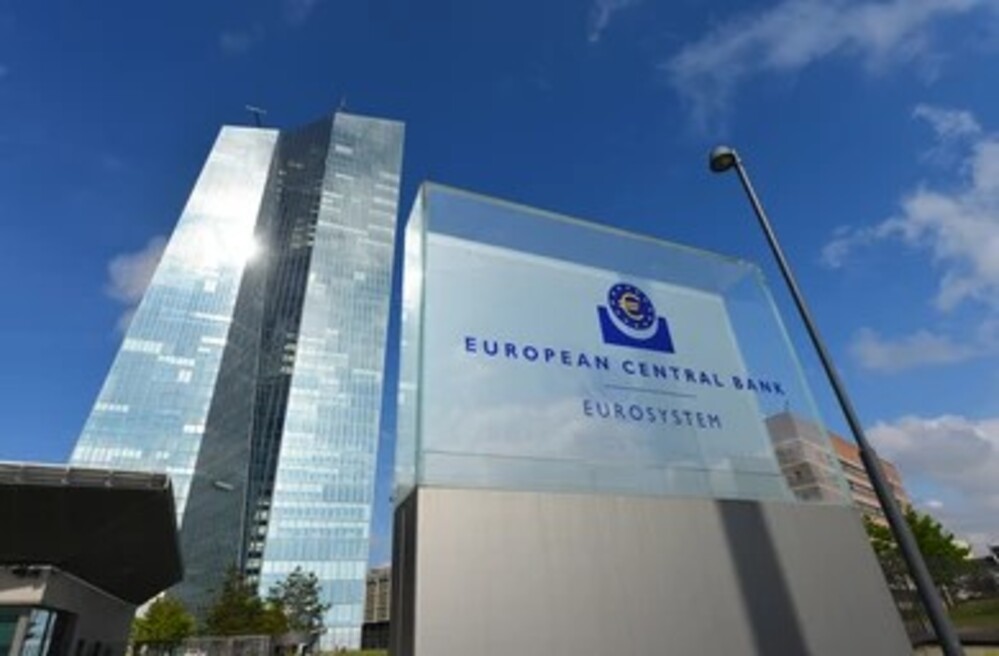The European Central Bank (ECB) announced on Thursday that it will continue its existing strategy of partially reinvesting its bond holdings and favor bonds issued by greener companies as it begins to run down its 5 trillion euro portfolio in March.
The ECB, in an effort to reduce the risk of deflation in the Eurozone, announced in December that it would run bonds off its balance sheet at an average rate of 15 billion euros per month from March to June. To provide more information about this process, the ECB explained its strategy.
The ECB will reduce the danger of deflation by not fully reinvesting the revenue from maturing debt purchased through its Asset Purchase Programme (APP), which was launched in 2015. This process is known as quantitative tightening (QT). By implementing QT, the ECB aims to maintain its commitment to reducing deflationary pressures in the Eurozone.
How does ECB boost greener businesses?
The European Central Bank (ECB) has announced its plans for reinvesting proceeds from reducing its holdings of asset-backed securities (APPs). The bank will divide the proceeds proportionally based on upcoming redemptions by individual nations and supranational debt.
The ECB will reinvest its holdings in the public sector in proportion to impending redemptions by nations and supranational debt. Any remaining proceeds will undergo proportional dividing among the bank’s holdings of APPs from the public and private sectors.
This announcement comes as several European countries are winding down their APP programs in the aftermath of the COVID-19 pandemic.
ECB will stop buying bonds unless the company has a good environmental record
The ECB announced that it will stop purchasing new bonds issued by private sector organizations by March, in an effort to decarbonize its holdings. However, there will be exceptions for business issuers with a solid environmental track record. The ECB will continue purchasing its primary market green bonds. They used these bonds for environmental project financing.
Additionally, the bank would strengthen a procedure it first started in October by favoring businesses with better climate performance with the remaining corporate debt reinvestments by doing so “more strongly.”
According to Jo Richardson, head of a portfolio strategy at the Anthropocene Fixed Income Institute, the ECB has reiterated its commitment to a deeper tilting of its private sector holdings toward greener issuers. Anthropocene Fixed Income Institute is a think tank for sustainable finance.
It will push high emitters to improve climate-friendly performance
It has become evident that the environmental performance of issuers will have a significant impact on their key market interests. This, in turn, should influence funding spreads for high emitters. European Central Bank (ECB) is the largest buyer of corporate bonds.
On Thursday, ECB President Christine Lagarde emphasized the importance of exercising caution when it comes to lending to corporates. In her words, the bank does not want to be an “accomplice” to borrowers who artificially enhance their environmental credentials.
To this end, Lagarde stated that the ECB will approach lending decisions with a comprehensive understanding of the transition plans and environmental footprint of the corporates in which it intends to reinvest. By doing so, the bank hopes to ensure that it is making responsible and sustainable investments.

